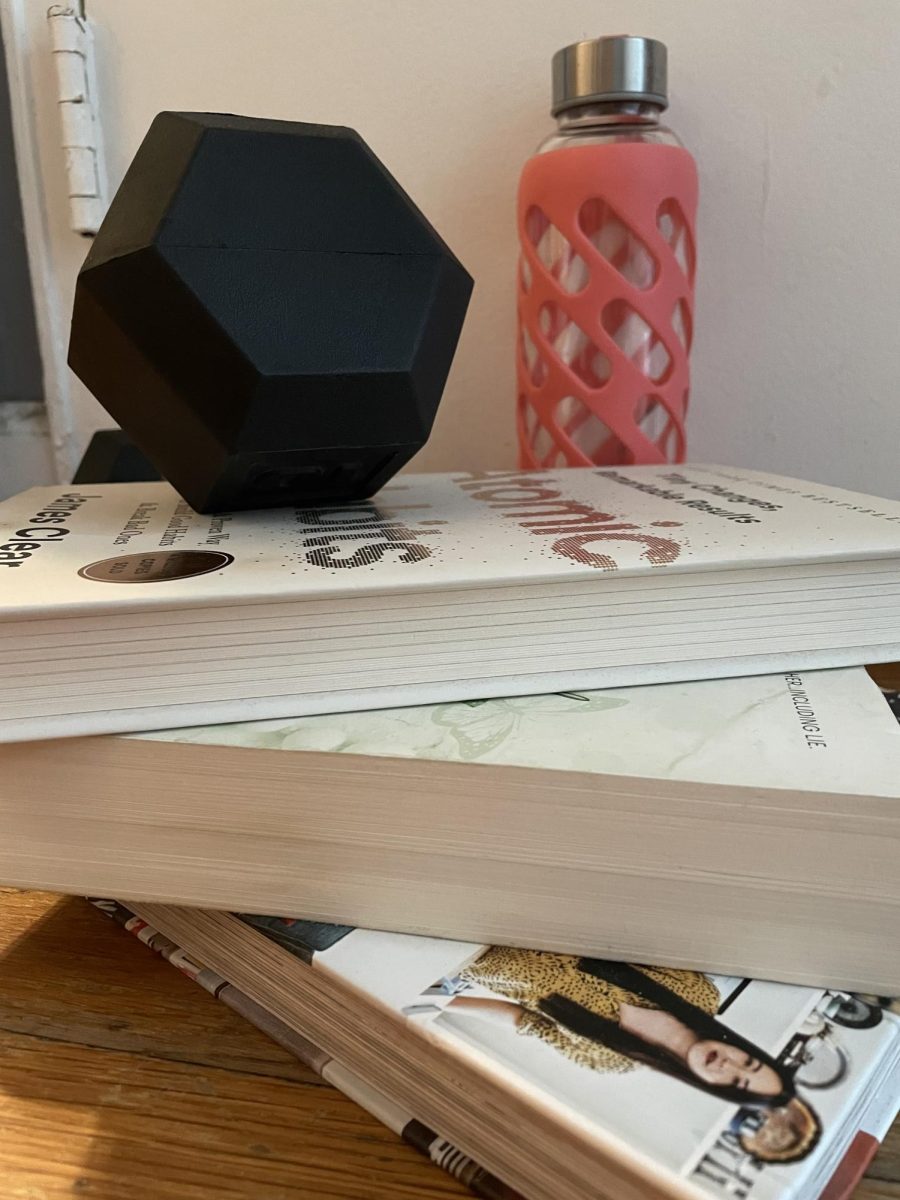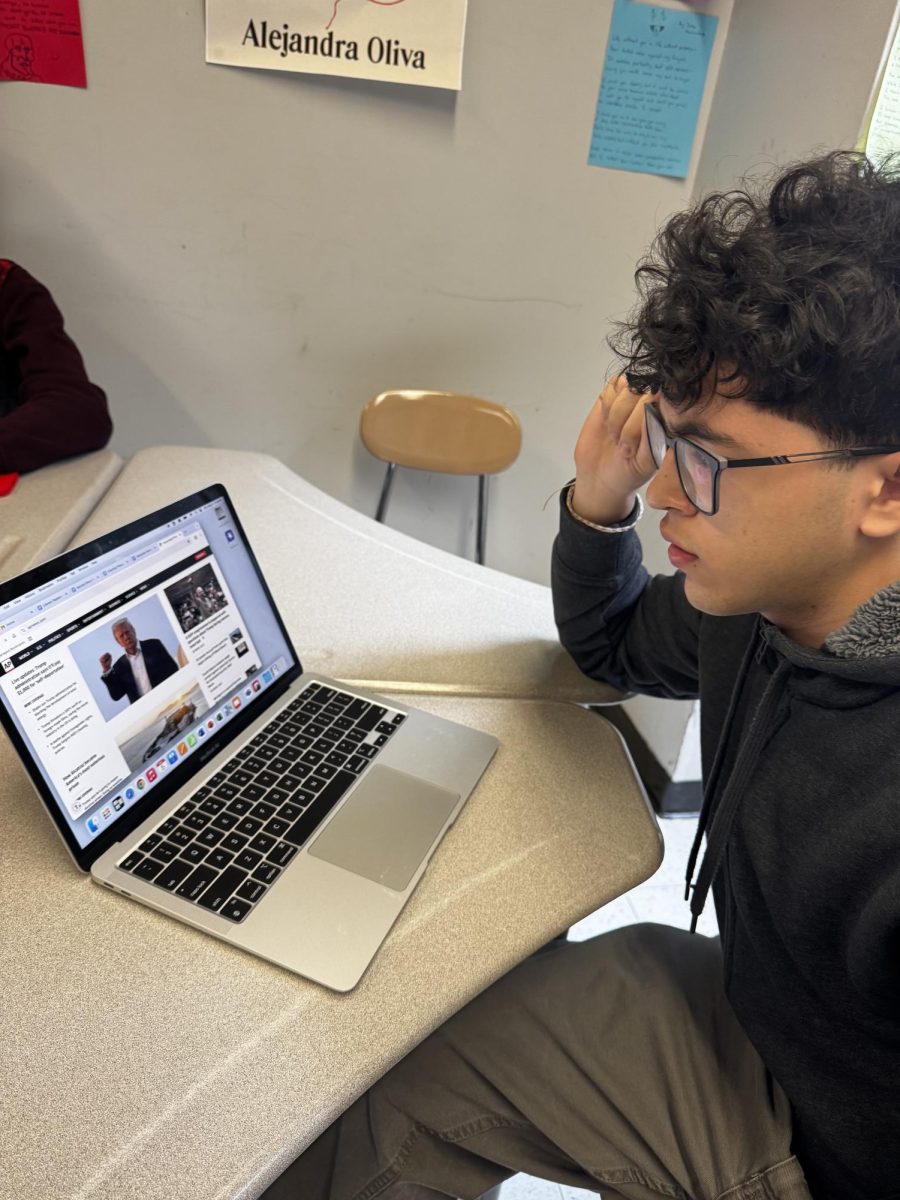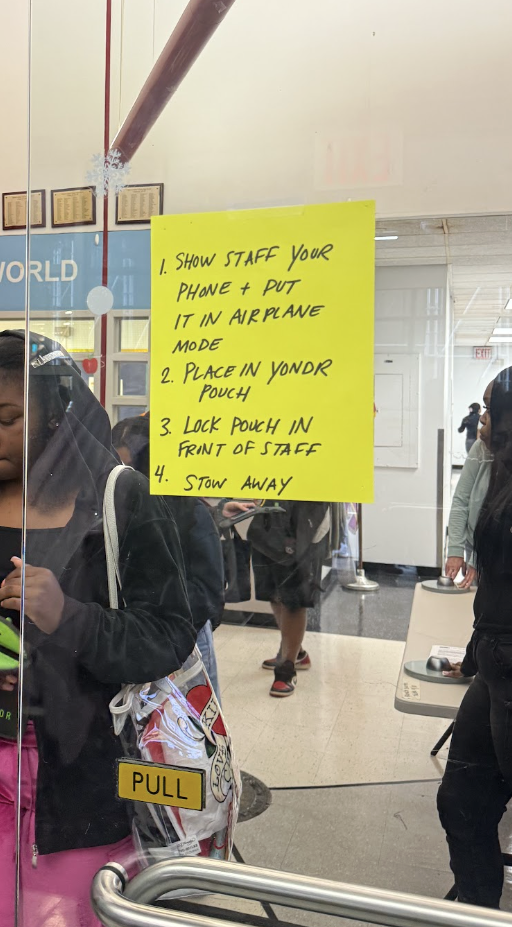As summer comes to a close and school season begins, students begin to struggle with the transition of having to achieve good grades but also maintaining both their physical and mental health.
School takes up around six hours daily not including homework and studying. With less time in their day, students say it’s challenging finding time for themselves, having to balance the gym, healthy eating, stress and mental health, social activities and extracurriculars they enjoy. But exactly how does one do that while maintaining the good grades they desire?
Time blocking your life
Firstly, you can start by time-blocking your day or dedicating certain times for specific activities. Using a physical planner or an online software such as Google Calendar, you want to put in mandatory activities and events you need to do such as school, work, extracurriculars, sleep, etc.
Then with the remaining time you have left in your day, see where you can fit other activities for both your physical and mental health. Note that there are some activities that you may not repeat everyday, for example, you may only work out two to three times a week. “I make time by going to the gym before school and I’m on a soccer team which practices in the evenings,” said Zachary Frean, a rising senior at Manhattan Village Academy.
Managing Your Sleep Schedule (Despite Having A Ton Of School Work)
In 2023, the Department of Education received more than 188 million dollars in order to help with the mental health crisis that was happening at the time. That money was allocated to incorporate more mental health programs in public schools. However, students still struggle managing a balance between their health and coursework.
Experts say that adolescents need around eight to nine hours of sleep per day but most students complain about how they slept late due to homework and studying. What can students do?
Try and take advantage of free periods or extra time in class. Taking advantage of this time can help you complete your work before the school day so when you get home you either have little to no homework to do.
Put that phone away! “Putting their phone on do not disturb at a reasonable hour every night in order to get a good night’s sleep,” said Tedi Schaffer, a health and gym teacher at Baruch College Campus High School, as one way people not on a sports team can take care of their health.
Incorporating Diet and Exercise In Daily Routine
According to the Centers for Disease Control and Prevention, children between the ages of six to 17 should be getting an hour of physical activity a day, paired with a more intense physical activity around three times a week.
There are many ways you can ensure physical activity everyday such as joining a school sports team, actively participating in gym class, or joining a local gym. By joining a local gym you can foster a community of people that can help keep you accountable for staying on track. This can be done by going to the gym’s website or in-person at the check-in counter.
However, gym memberships do cost money and the price ranges depending on location. During the summer, Planet Fitness offers free passes for high school students.
Schaffer had explained how student athletes are more likely to maintain good grades due to the fact that they need good time management and a certain grade point average to be considered. “When stressed with school workload I’ll usually give up my lunch time and may skip gym to have time for everything else,” said Frean.
When asked about how students can take care of their health, Schaffer said, “packing lunch instead of buying lunch everyday. You know the exact ingredients going into your meals and you can save money.”
Students should aim to eat three meals a day to ensure you take care of your physical health but also have enough energy to get through the day. As well as try and limit their intake of coffee or energy drinks and switch it out with a health alternative such as teas.
Managing Your Stress In A More Healthy Way
Many stresses come with school, but it’s important to address these stressors before starting your school work.
Take some during the day to calm any nerves and to do some reflecting. This may look like journaling, meditating, breathing exercises, etc. Taking 15 to 30 minute breaks can help clear your mind and can help you carry on with your day. Also, don’t be afraid to reach out to those around for help, they can help clear your mind as well as give you a different perspective on your situation, which can be helpful.
Stephanie Smith, a guidance counselor at BCCHS, shares her opinions on self check ins.
“I think the first thing that’s important for everyone is to do check ins with yourself. It sounds so corny and I hate to even say it out loud but if we can’t count on ourselves, who can we count on? Like really at the end of the day, we have to be able to trust ourselves to know how we are,” Smith said.
Listening to music can take away some stress as well. “When stressed with school, I just listen to loud music to drown out the stress and anxiety I get from school work,” said Melinda Lee, a rising senior at Baruch College Campus High School.
Smith shares some ways that might be helpful for students to destress.
“But one thing that studies have shown too is just being outside increases your mood and it doesn’t have to be for three hours, like a seven minute walk shows it improves your brain chemistry. So even if you are really busy and you’ve got a lot of commitments, you can always find seven minutes to get outside and take a quick walk. Seven minutes, you go around the block and your brain is just in a better place, more able to handle stress, more able to handle whatever is getting thrown at you,” said Smith.
When talking about our health as a whole she shares her insights.
“Like anything else really, it’s important to remember that they all exist together, one affects the other. Your physical health and your mental health are not separate, they’re together, and then that leads to the importance of defining what’s important to you in terms of academic success,” Smith said.














